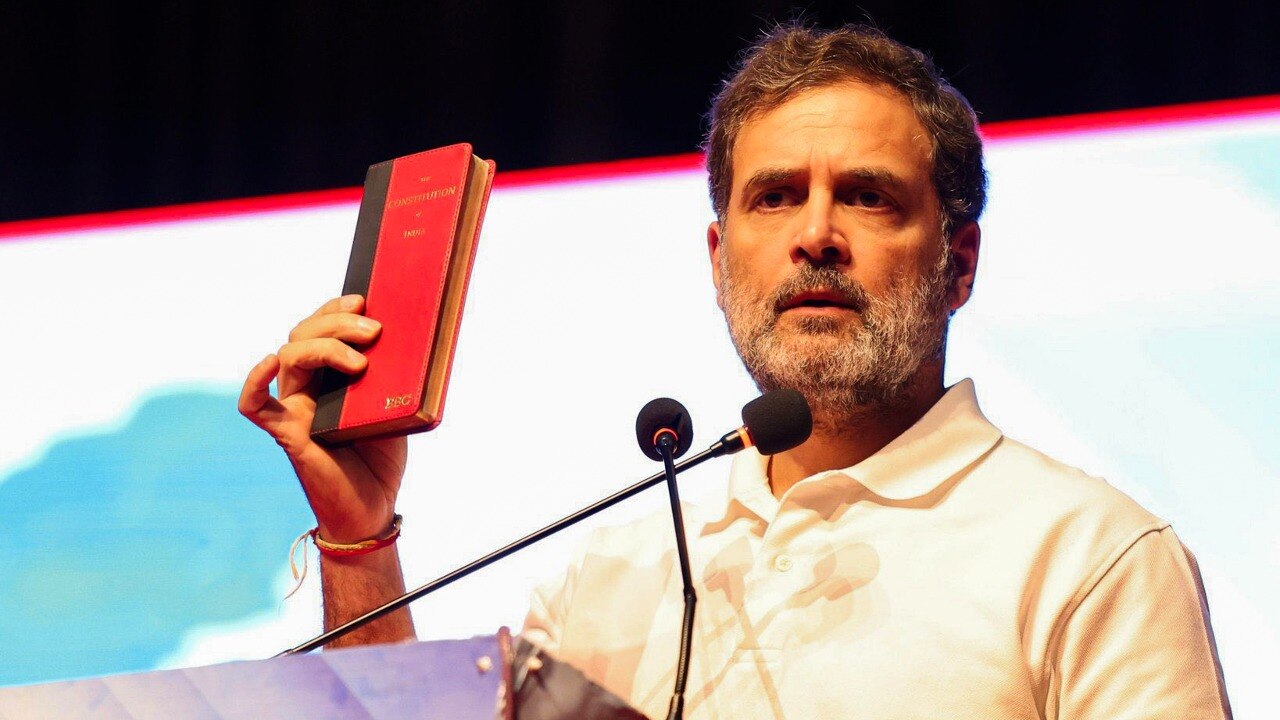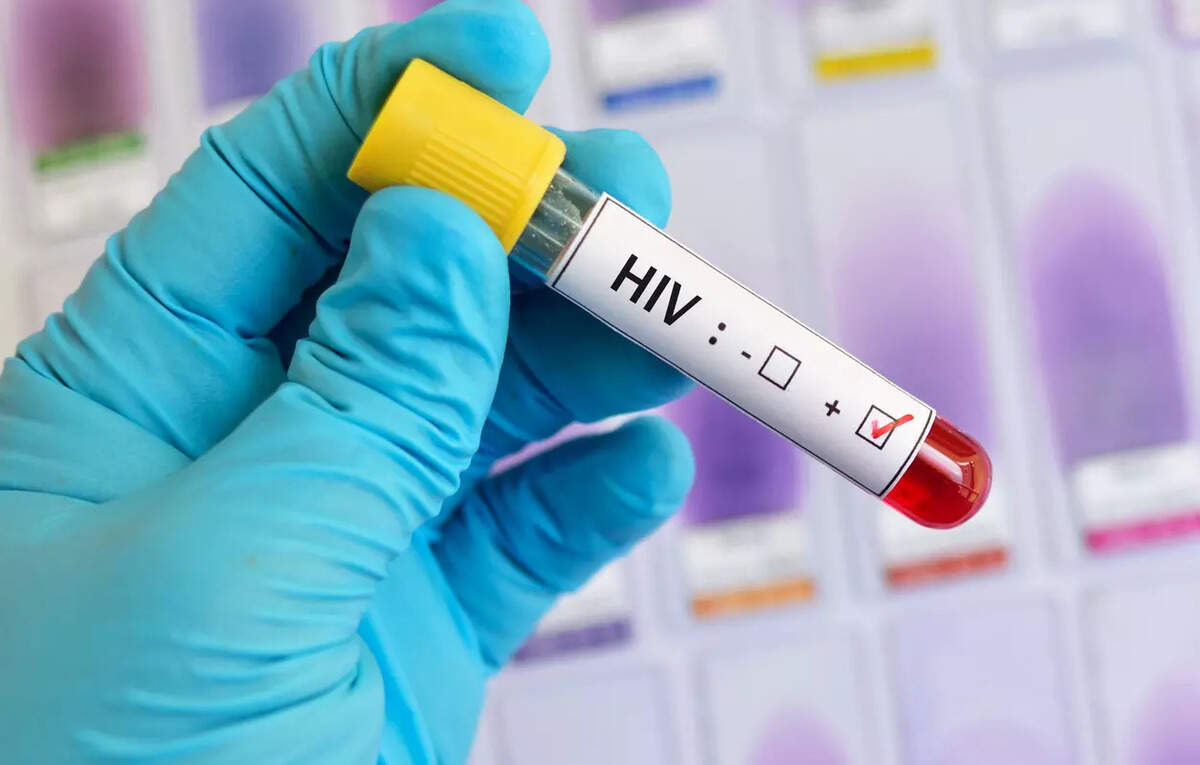
Contents
A New Era for India’s Criminal Justice System: Evidence-Based and Technologically Advanced
In a move that is set to revolutionize the way crimes are investigated and prosecuted in India, Union Home Minister Amit Shah announced on Sunday that the Centre will adopt a “holistic approach” to criminal justice from January 2026. This new approach will be based on evidence rather than argument, ensuring that the guilty are punished and the innocent are protected.
A Shift Towards Evidence-Based Justice
Speaking at the inauguration of a Central Forensic Science Laboratory (CFSL) in Rajarhat, Kolkata, Shah emphasized the importance of using science and technology to aid in crime investigation and prosecution. The CFSL, which was built with an investment of Rs 90 crore, will play a crucial role in providing forensic expertise to states and helping them develop their own forensic science capabilities.
“The Indian government has started creating clusters of three-four states and developing their criminal justice system to become more evidence-based using CFSL facilities,” Shah said. “We will develop a holistic approach that will be effective from January 2026. Each police station will be able to avail the advantages of CFSL facilities.”
The Role of Forensic Science in Modern Crime Investigation
With the increasing complexity of crimes and the use of technology by criminals, the need for forensic science has become more pressing than ever. The CFSL network will assist states in developing their own forensic science capabilities, enabling them to investigate crimes more effectively.
“Our transaction, communication, identity, and basic details have already gone online,” Shah noted. “The nature of crime is changing fast, and we have to use science to stay ahead of criminals. Methods like mobile forensic, call detail analysis, and psychological profiling are proving to be of immense help.”
Investing in Forensic Infrastructure and Human Resources
To support the new approach to criminal justice, the government has announced a series of investments in forensic infrastructure and human resources. Nine new campuses of the National Forensic Sciences University (NFSU) will be built with an investment of Rs 1,300 crore, while seven new CFSL facilities will be built with an investment of Rs 860 crore across various states.
“We will bring development projects for forensic capacities with an investment of Rs 2,080 crore,” Shah said. “A national forensic data centre will be prepared with an investment of Rs 200 crore. We will use AI to analyze data in these centres.”
Connecting Police Stations and Enhancing Forensic Capabilities
The government has also taken steps to connect all police stations across the country and enhance their forensic capabilities. All 17,184 police stations are now connected through the Crime and Criminal Tracking Network and Systems (CCTNS), enabling online monitoring and coordination.
“We will need forensic experts and infrastructure,” Shah emphasized. “Each district will be provided a forensic mobile van. We have already established the NFSU, and we have 16 premises now. Ten more NFSU colleges will come up, and we will have 36,000 students holding diplomas, degrees, and PhDs. We will have a steady supply of trained manpower.”
A Brighter Future for India’s Criminal Justice System
The announcement by Amit Shah marks a significant milestone in the evolution of India’s criminal justice system. With a focus on evidence-based justice, technological advancements, and investments in forensic infrastructure and human resources, the country is poised to become a leader in modern crime investigation and prosecution.
As the Centre works towards implementing the new holistic approach to criminal justice, Indians can look forward to a safer, more just, and more equitable society. The use of science and technology will help reduce crime rates, ensure quicker justice, and protect the rights of citizens. This is a welcome move, and one that will have far-reaching consequences for the country’s future.
Content originally published by timesofindia.indiatimes.com















